
Various information technology (IT) experts groups condemned the state-sponsored attacks against independent media outlets.
Two independent media outlets, Bulatlat, Altermidya, and human rights group Karapatan have been constant targeted and red-tagged by state agents as front organizations of the Communist Party of the Philippines (CPP) and its armed wing, New People’s Army (NPA). Now, state forces are using cyber attacks.
In a statement by the Computer Professionals’ Union (CPU) released last September 25, claims of “mere surfing” by Armed Forces of the Philippines (AFP) spokesperson Col. Ramon Zagala was lambasted by CPU, furthering that it is more likely a “targeted attempt to significantly disrupt a crucial platform and curtail freedom of the press.”
The Swedish IT center Qurium Media Foundation has observed that alternative media outlets such as Bulatlat and AlterMidya, as well as human rights group Karapatan, have been plagued by distributed denial-of-service (DDoS) attacks which restricts website access.
The report claims these cyberattacks link back to the Department of Science and Technology (DOST) and the Philippine Army, which both DOST and the Department of Information and Communications Technology (DICT) confirmed to be coming from government agency servers.
Last August 11, reports from the Computer Emergency Response Team (CERT-PH) confirmed the IP address behind the digital attacks on Bulatlat and Altermidya’s websites is traced to the Philippine Army.
The attacks conducted on these independent media sites have been persisting prior to the August 11 report. Last June 22, the attackers swamped Bulatlat ‘s and Altermidya’s websites with junk traffic, rendering them inaccessible. At its worst, even the administrators are unable to access the site.
Last May 18, 2021, an attack was identified that originated from a machine with the IP address of the Philippine Research, Education, and Government Information Network (PREGINET), a DOST project.
The investigation by Quirium found that the attack was a vulnerability scan on the Bulatlat website to test for potential network weaknesses. They have also discovered another IP address that is linked to the Philippine military.
Although the DOST initially denied its involvement in the attack, Quirium and media outlets like Bulatlat and Altermidya have been subjected to online harassment and red-tagging of its journalists.
The groups challenged the DOST “to conduct its own investigation on the use of their IP, make its findings available to the public, and do its part in stopping the cyberattacks” based on their statement.
Under the 2022 budget, the National Task Force to End Local Communist Armed Conflict (NTF-ELCAC) is set to receive P28.1 billion. The proposed budget also seeks to allocate P4.5 billion in intelligence and confidential expenses under President Duterte’s office.
“We are not surprised by the results of the recent digital forensic. State agents and the NTF-ELCAC have consistently labeled us as communist fronts for pursuing journalism for the people. Still, we are angered that taxpayers’ money is being spent to bring down our website and to deny our readers access to our reportage,” Bulatlat asserted.
These intelligence funds are clearly being utilized to limit journalistic freedom in our country. These attacks have been expressed by government critics as a manifestation that the Duterte administration is becoming increasingly emboldened in its efforts to suppress independent media.
Furthermore, this is another aspect of the Philippine military’s digital warfare that seeks to bury or undermine the truth of the state’s human rights violations and ineffective COVID-19 pandemic response.
The media serves as an important watchdog not only for disseminating accurate news and public concerns but also for democratic elections, safeguarding the impartiality of the process. Hence, a democratic election with no press freedom would be a contradiction.
According to Tord Lundstrom of Qurium, assaults are carried out because the perpetrators do not want the information to reach the public, immobilize groups, or convey a message.
“When it comes to the patterns, it is common to have increased attacks when there are elections, demonstrations take place,” Lundstrom furthered.
CPU’s Public Information Committee Head Kim Cantillas also stressed the importance of being vigilant and aware as such assaults might occur during the elections.
The Duterte regime has repeatedly undermined and suppressed press freedom. It instigated the false charges against Rappler and shut ABS‐CBN down, the primary news source of the majority of the people, especially those residing in remote rural areas.
Alternative media journalists have also been targeted by the NTF-ELCAC such as the arrest of Frenchie Mae Cumpio of Eastern Vista and Lady Ann Salem of Manila Today, and red-tagging against the College Editors Guild of the Philippines and SINAG for their critical articles.
In his regime alone, more than a hundred attacks have been committed against journalists, detaining them based on trumped-up charges.
The increase in open attacks on press freedom and targeting of journalists is a troubling indication for democratic freedom in the upcoming election. An immediate collective response from both the national and international communities is essential to firmly defend press freedom to persist in providing information and expressing opinions without fear of state repression.
#DefendPressFreedom
Featured image courtesy of ABS-CBN

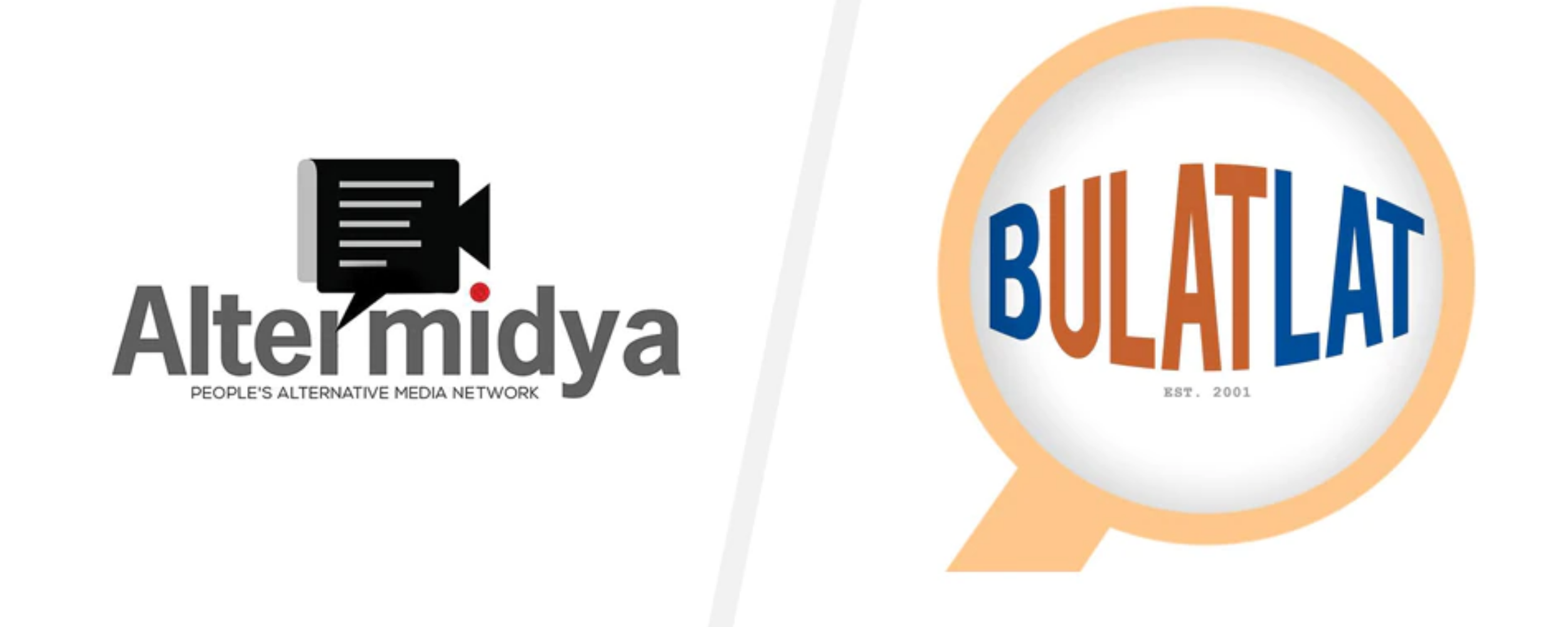

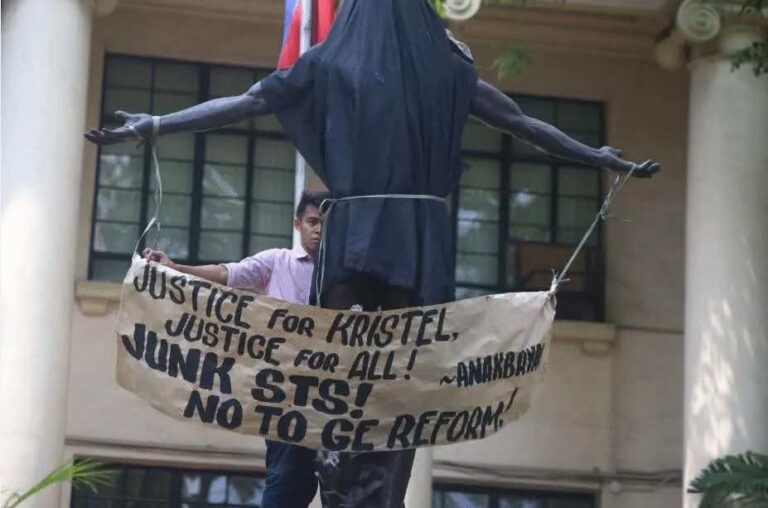
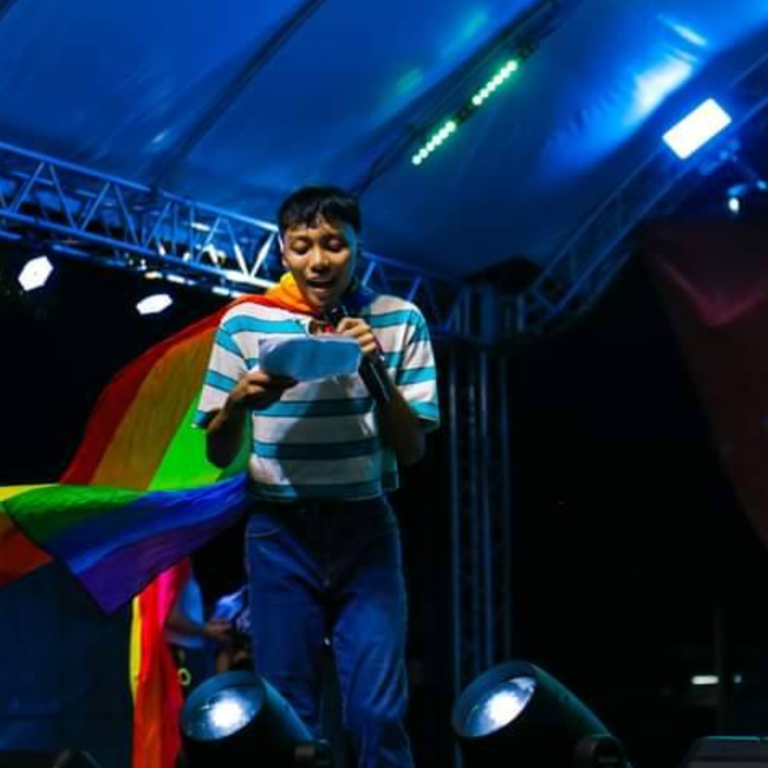
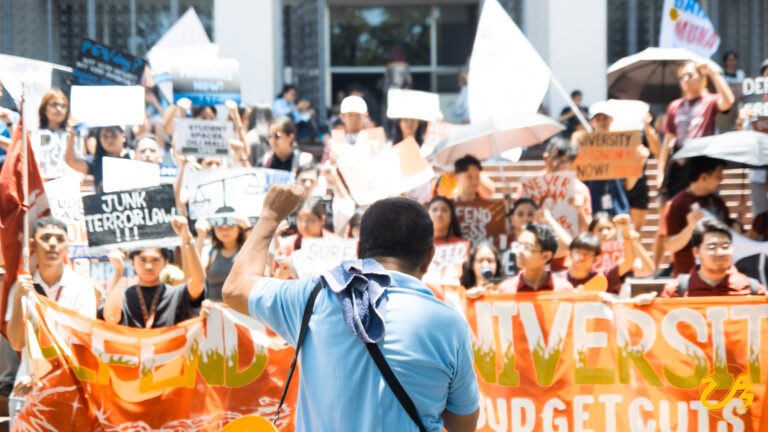
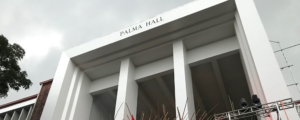

I don抰 even know the way I finished up right here, but I thought this publish used to be great. I do not understand who you’re but definitely you are going to a well-known blogger if you happen to are not already 😉 Cheers!